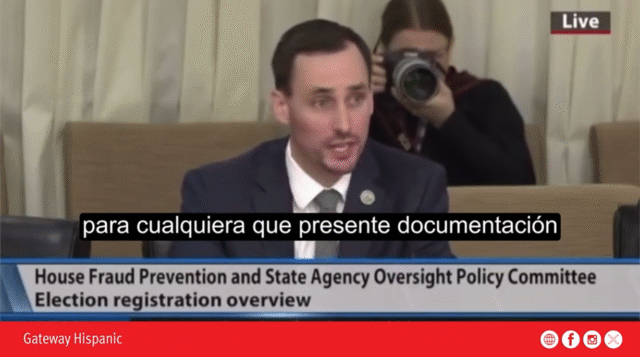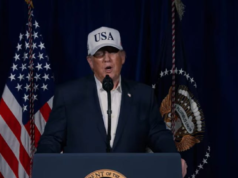In a recent legislative session, Paul Linnell, Director of Elections for the State of Minnesota, made a statement that has generated significant controversy and debate regarding voter eligibility and identification requirements.
During the session, Linnell explained that individuals who submit documentation to register to vote are affirming their identity. He clarified that a driver’s license has not been used as proof of citizenship for voter registration purposes, but rather as a means to confirm the applicant’s identity. Linnell also noted that if someone casts a vote and their eligibility is later challenged, counties generate reports to update the voter’s status, which can then be reviewed and forwarded to the county prosecutor.
The controversy arises from Linnell’s acknowledgment that, under the current system, individuals who might not be eligible to vote could cast ballots if they possess a driver’s license and affirm their identity during registration. This revelation has raised concerns among various groups about the integrity of the electoral process and the possibility of ineligible individuals participating in elections.
Critics argue that this approach could weaken safeguards intended to ensure that only eligible voters cast ballots, potentially leading to electoral fraud. They emphasize the importance of maintaining strict identification requirements to preserve the credibility of elections.
On the other hand, some defenders of the current system highlight the need for inclusion and access to voting. They point out that while security measures are necessary, the process should not prevent individuals who face difficulties obtaining traditional forms of identification from exercising their right to vote.
The debate continues as stakeholders from various sectors, including government officials, legal experts, and civic advocacy groups, engage in discussions to address the concerns raised by Linnell’s statement. The outcomes of these discussions could lead to revisions in voter registration procedures and identification requirements, aiming to strike a balance between security and accessibility in the electoral process.
In conclusion, Paul Linnell’s statement has brought critical issues regarding voter identification and eligibility—particularly among immigrants—into the spotlight, prompting a reassessment of existing policies to ensure both the integrity and inclusiveness of elections in Minnesota.









